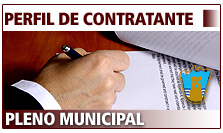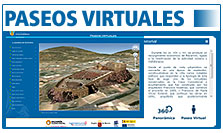AGRICULTURAL BURNING CLOSE TO URBAN CENTRES PROHIBITED UNTIL SEPTEMBER 30
The General Directorate for the Environment proposed that the prohibition period is extended as a necessary precautionary measure to avoid a greater incidence of Covid-19
After the state of emergency has ended, the General Directorate for the Environment proposed that the prohibition period is extended as a necessary precautionary measure to avoid a greater incidence of Covid-19
The Regional Authority has decided to extend the Order that prohibits agricultural burning of plant remains from pruning in areas close to urban centres until September 30, according to the Official Gazette of the Region of Murcia (BORM).
The aforementioned Order, signed by the Minister of Water, Agriculture, Livestock, Fishing and Food at the beginning of last month, limited its application to the validity of the state of emergency. Now, therefore, it also extends to the summer months.
The regional government thus responds to the request of the Prosecutor of the Region of Murcia regarding the need for public administrations - regional and local - to take extreme measures in relation to agricultural burning and its impact on health and the environment. environment in a context like the current one, marked by the Covid-19 crisis.
The Order published last month pointed out that during the weeks when the country was in a state of emergency, the Region reported cases of burning in urban areas, whose fumes and nuisances affect a population that is already at health risk. due to the effects of the coronavirus.
Exceptional situations
The Regional Authority allows burning, on an exceptional basis, in those suitably justified situations that have been previously assessed and authorized by the corresponding town council, due to the impossibility of disposal through other priority systems such as its collection by an authorized waste company or its incorporation into the ground by crushing or chopping.
In all cases, the exceptional burning must be carried out avoiding inconvenience to neighbours and previously informing the Local Police or the Fire Service, who may issue specific instructions on how to carry it out.










